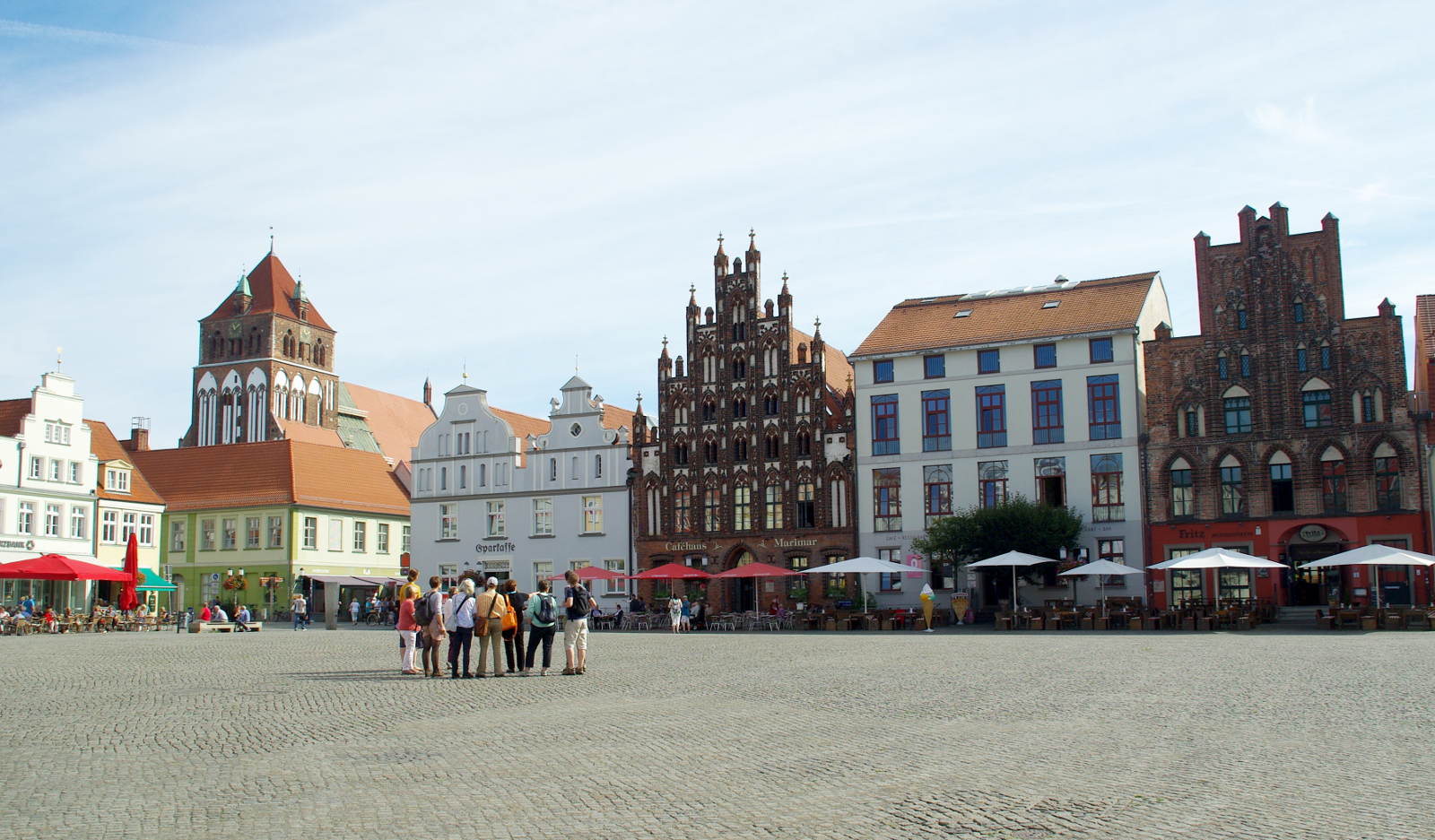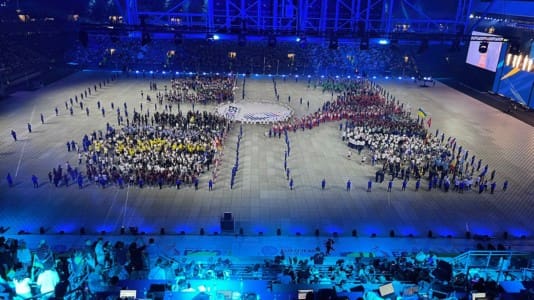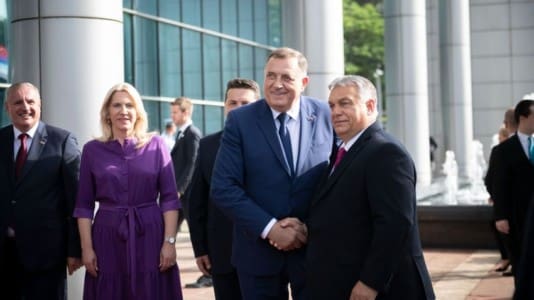The German city of Greifswald overwhelmingly rejected plans to accommodate more migrants in the area in a referendum held on Sunday.
Local residents voted with a 65 percent majority against a proposal to lease land to the Vorpommern-Greifswald district “for the purpose of building container villages to accommodate refugees.”
A total of 21,000 eligible voters turned out, surpassing the minimum threshold of 25 percent of the 47,410-strong electorate, making the decision binding on local government for two years.
Despite the clear rejection of resettling more migrants in the area, Green Party mayor, Stefan Fassbinder, remained undeterred in his ambitions to welcome greater numbers of new arrivals. He insisted the vote would not affect the local government’s pro-migration agenda, but would make the decision on where to house newcomers more challenging.
“In the near future we will have to make even greater efforts to get into the debate, to enter into dialogue with the citizens, with the economy, with everyone else, so that immigration can be successful,” Fassbinder said after the vote.
Loopholes could be exploited that may result in container villages being built in other areas nearby and the local government is exploring viable locations.
[pp id=64246]
This is despite the huge resistance to the plans evident among the local community. Residents congregated upon hearing the initial plans to relocate migrants to the area and organized a citizens’ initiative to prevent the construction of container villages in urban areas in general. The initiative collected more than 7,000 signatures in a fortnight, forcing the hand of local officials to hold a referendum on the matter.
Even ahead of the referendum, Fassbinder remained adamant that local officials would get their way, telling journalists, “The refugees will come. The only question is where will they be housed.”
[pp id=78238]
Events in Greifswald could be viewed as a microcosm of the political landscape across Germany. Polling shows that a majority of Germans are opposed to the country taking in more migrants and a number of state governments have protested against migrant relocation schemes claiming they have saturated their public services with the latest influx of new arrivals.
Despite this, the traffic light coalition government, spearheaded by the left-wing SPD and Green parties, remains committed to a policy of mass migration, a policy that is seeing more and more voters flock to the anti-immigration Alternative for Germany (AfD) party, which now sits a historic second in the polls.






